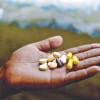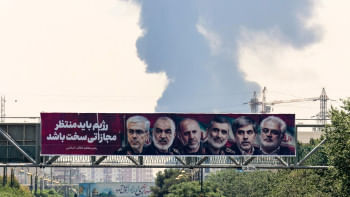Better treatment for crash victims
According to the World Health Organisation, 21,000 people die due to road accidents in Bangladesh. We do not know for certain precisely how many more suffer serious injury. An action plan has been finalised that brought together various stakeholders including the government to identify the causes of such deaths. What has been brought to light is that many fatalities could be avoided if in the immediate aftermath of an accident, emergency medication and trained paramedics were available countrywide. Indeed, we find that crash victims have to be transported all the way to Dhaka to receive emergency treatment and the long distances involved often leads to victims succumbing to injury.
We hope the action plan that has been drafted will be put into action by June of the current fiscal year. Post-crash care involves developing a new cadre of paramedics and the establishment of trauma centres across the country. It would require budgetary allocations and a prioritisation at policy level to treat the matter with the seriousness it deserves. Such measures are necessary to limit the severity of injuries, which at present cause either disabilities or result in death for crash victims. And although efforts are underway to contain accidents, they will happen nonetheless and initiatives need to be taken to mitigate the sufferings of the injured. Health authorities in the country are not geared to provide emergency medical service (EMS) for post-crash victims, and it is high time that provisions are made to develop an EMS programme to be deployed nationwide.

 For all latest news, follow The Daily Star's Google News channel.
For all latest news, follow The Daily Star's Google News channel. 








Comments